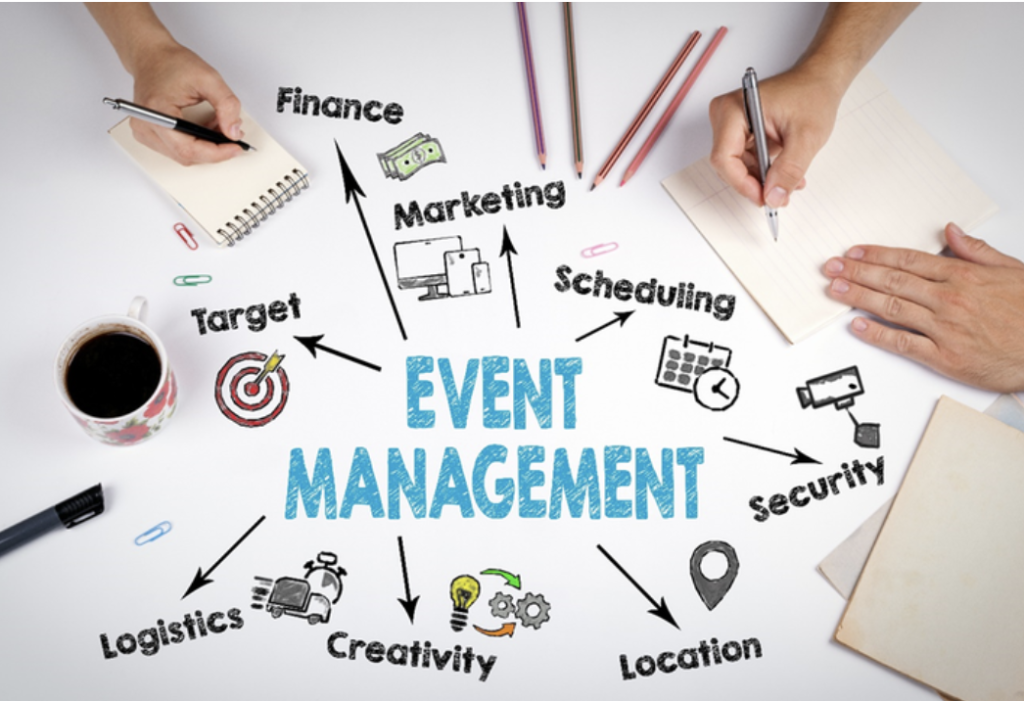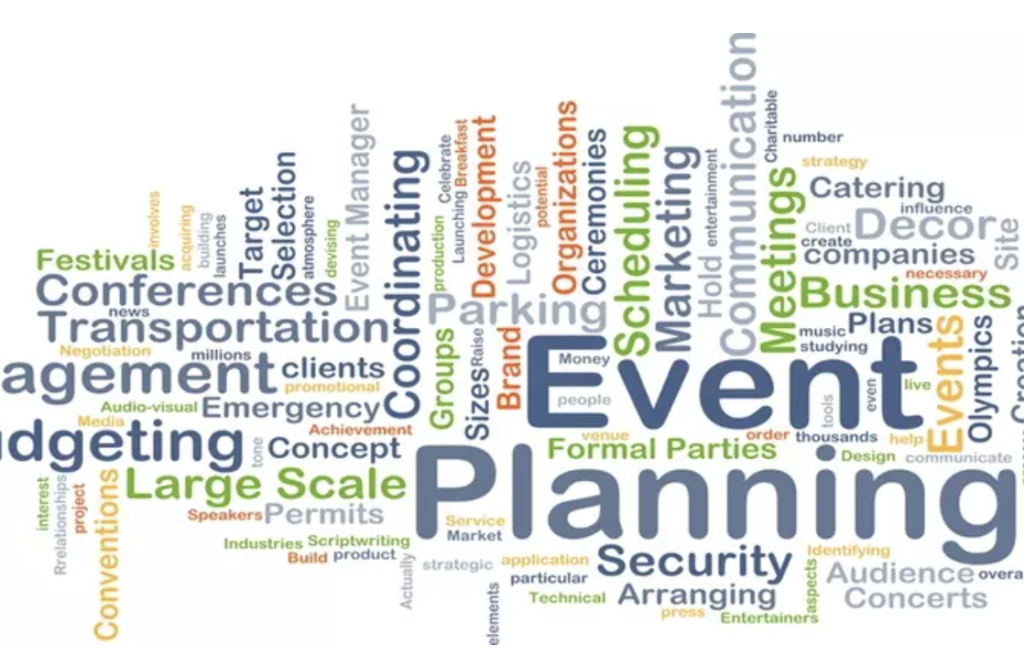How to Plan a Successful Event: A Step-by-Step Guide
A Comprehensive Guide to Organizing and Executing Memorable Events

Planning a successful event involves careful organization, attention to detail, and effective execution. Whether you’re organizing a corporate conference, a wedding, or a community fundraiser, a well-planned event can leave a lasting impression on your attendees and achieve your objectives. This blog post provides a comprehensive guide to help you plan and execute a successful event, from initial concept to final evaluation.

1. Define Your Event Goals
**Establish Clear Objectives**:
– Begin by defining the purpose of your event. What are you hoping to achieve? Common goals include raising awareness, generating revenue, or celebrating a milestone. Clear objectives will guide your planning and help measure success.
**Identify Your Target Audience**:
– Determine who your event is for. Understanding your audience’s preferences and needs will shape the event’s format, content, and marketing strategies.
2. Set a Budget
**Create a Detailed Budget**:
– Outline all potential expenses, including venue rental, catering, entertainment, and decorations. Don’t forget to include contingency funds for unexpected costs.
**Allocate Funds Wisely**:
– Prioritize spending based on your event goals and ensure that essential elements are adequately funded. Track expenses and adjust the budget as needed to stay on track.

3. Choose a Date and Venue
**Select a Suitable Date**:
– Choose a date that accommodates your target audience and avoids conflicts with other major events or holidays. Consider factors like seasonality and local events that might impact attendance.
**Find the Perfect Venue**:
– Select a venue that suits the size and style of your event. Consider factors such as location, accessibility, facilities, and ambiance. Ensure the venue aligns with your event’s objectives and budget.
4. Plan the Details
**Develop a Comprehensive Event Schedule**:
– Create a detailed timeline for your event, including key activities, speaker sessions, and breaks. A well-organized schedule ensures smooth execution and helps keep attendees engaged.
**Arrange for Catering and Entertainment**:
– Decide on the type of food and beverages that will be served. Choose caterers and entertainment that align with your event’s theme and audience preferences.
**Coordinate Logistics**:
– Plan for transportation, parking, and accommodation if needed. Ensure that all logistical aspects are addressed to provide a seamless experience for attendees.

5. Promote Your Event
**Create a Marketing Plan**:
– Develop a strategy for promoting your event, including social media campaigns, email newsletters, and traditional advertising. Use platforms and channels that reach your target audience effectively.
**Engage with Your Audience**:
– Build excitement and anticipation by engaging with your audience before the event. Provide updates, share behind-the-scenes content, and encourage interaction.
**Offer Early Bird or Discounted Tickets**:
– Consider offering early bird rates or discounts to incentivize early registration and boost attendance.
6. Execute the Event
**Ensure All Elements are in Place**:
– On the day of the event, ensure that all aspects of the plan are executed as planned. Coordinate with your team to address any last-minute issues and ensure that everything runs smoothly.
**Provide Exceptional Attendee Experience**:
– Focus on delivering a positive experience for your attendees. Ensure that staff are available to assist, and address any concerns promptly.
**Monitor and Adapt**:
– Be prepared to adapt to any changes or challenges that arise during the event. Flexibility and problem-solving skills are key to managing unforeseen issues.

7. Evaluate and Reflect
**Gather Feedback**:
– Collect feedback from attendees, staff, and vendors to assess the event’s success and identify areas for improvement. Surveys, interviews, and informal conversations can provide valuable insights.
**Analyze Event Performance**:
– Review whether the event met its goals and stayed within budget. Evaluate attendance numbers, financial performance, and overall satisfaction.
**Document Lessons Learned**:
– Record key takeaways and lessons learned to inform future events. Reflect on what worked well and what could be improved for future planning.
 Conclusion
Conclusion
Planning a successful event requires careful preparation, strategic thinking, and attention to detail. By defining clear goals, managing your budget, choosing the right venue, and focusing on promotion and execution, you can create an event that meets your objectives and leaves a lasting impression on your attendees. With thoughtful planning and execution, your event is sure to be a memorable and impactful experience.